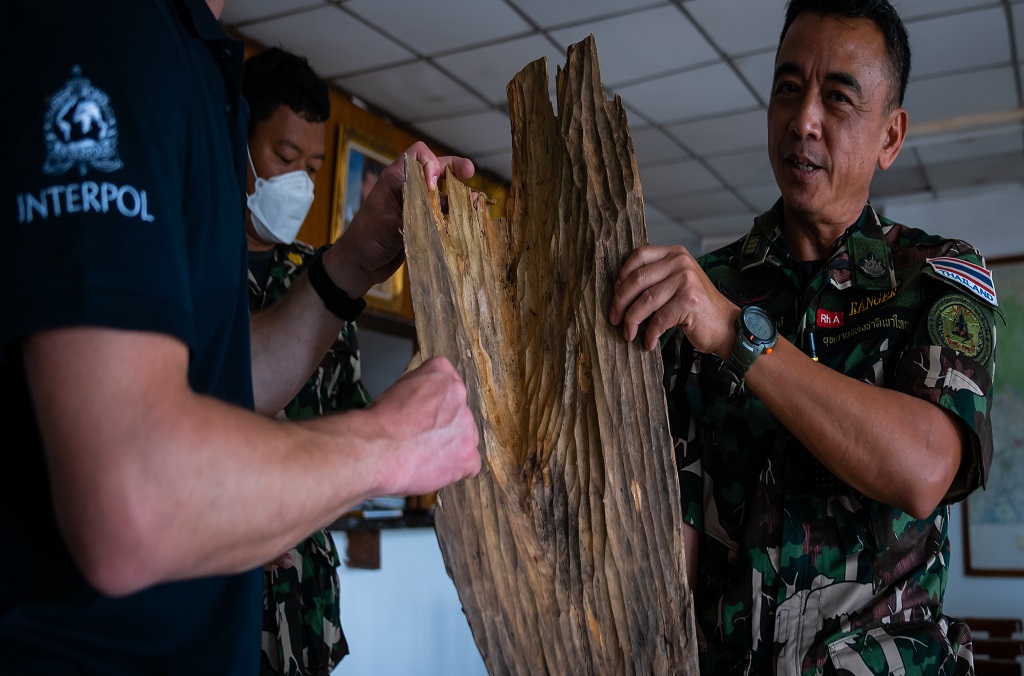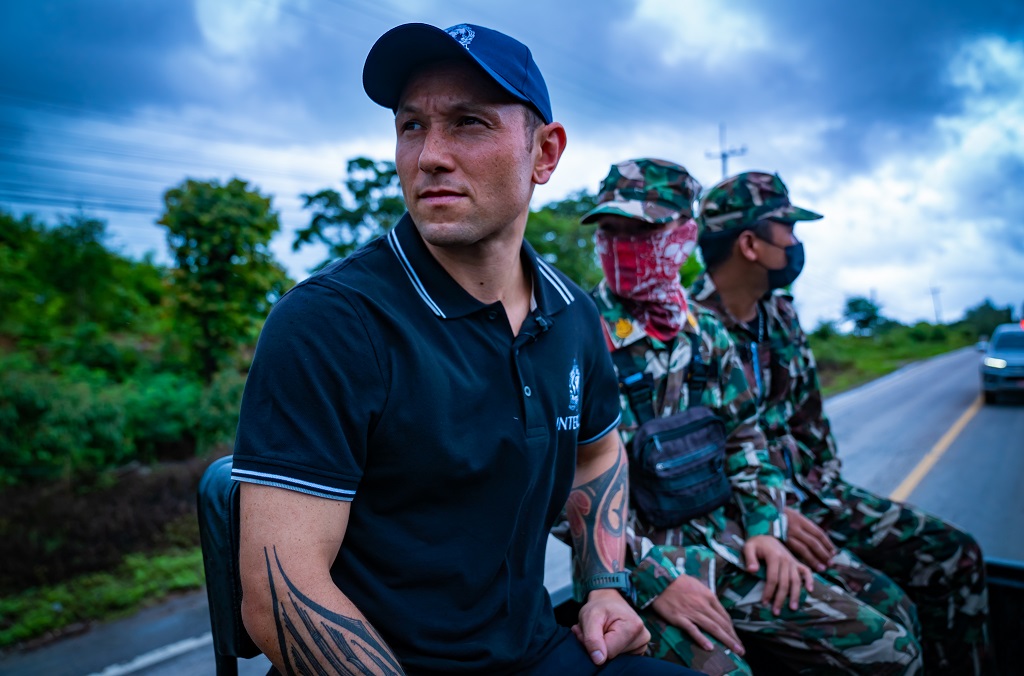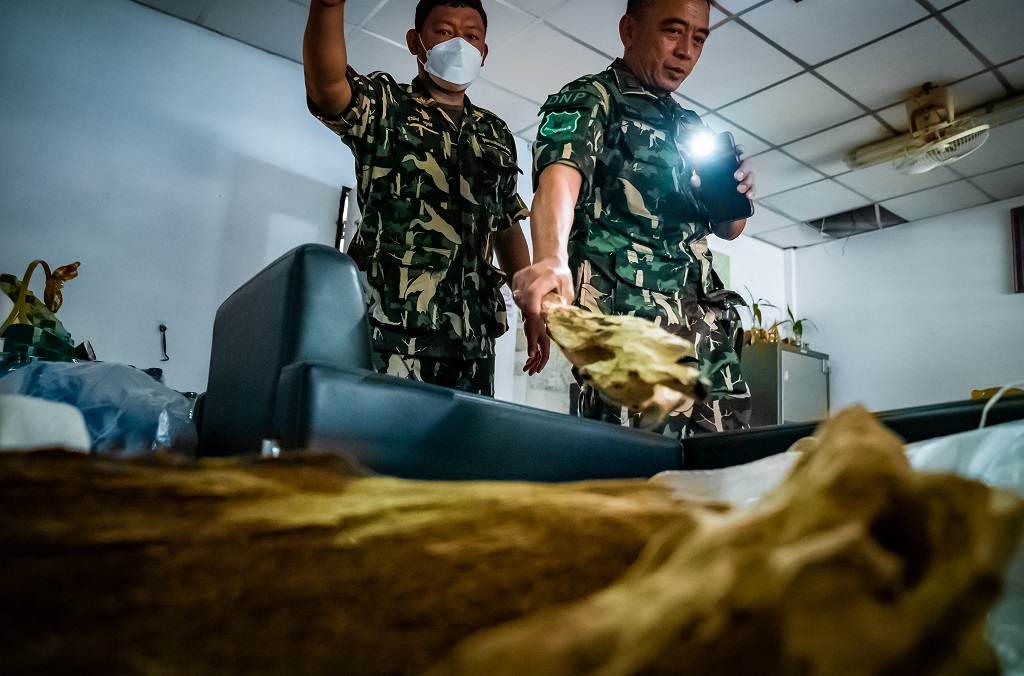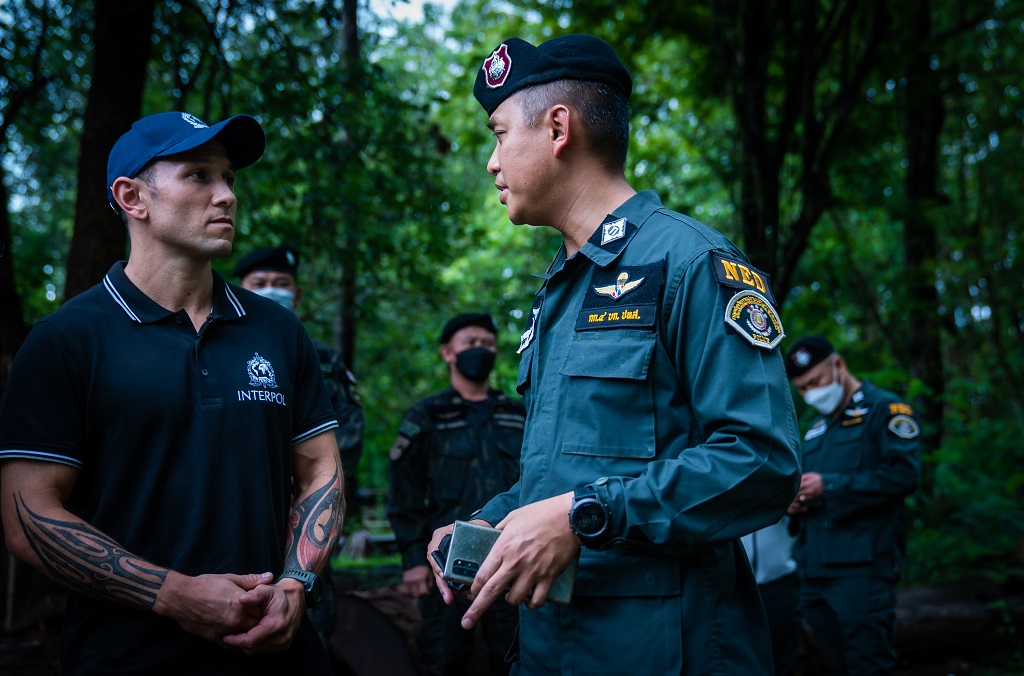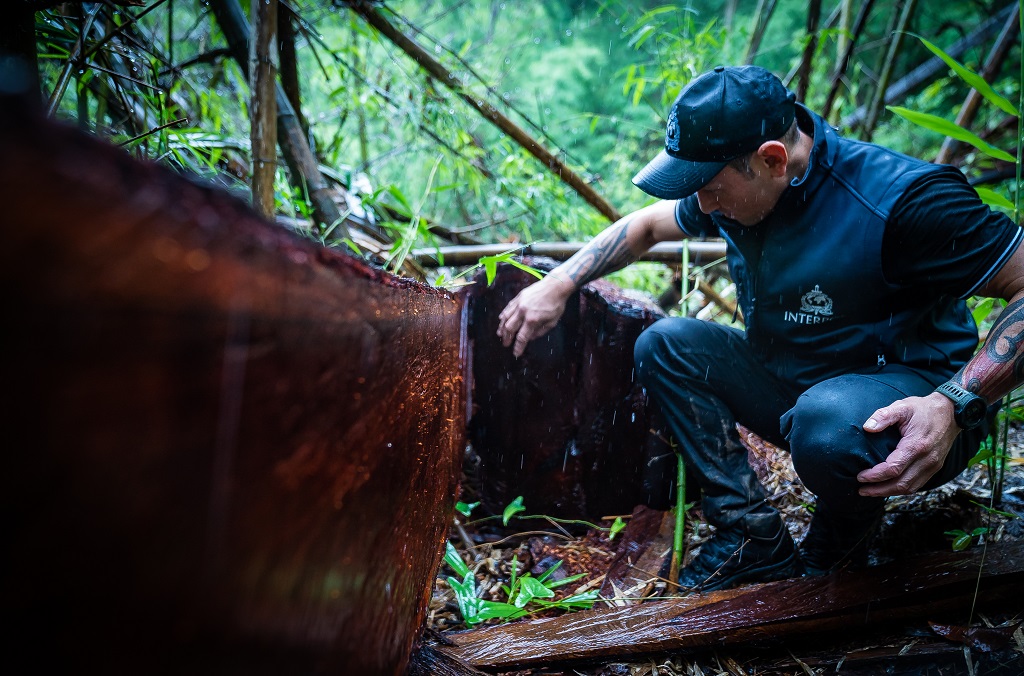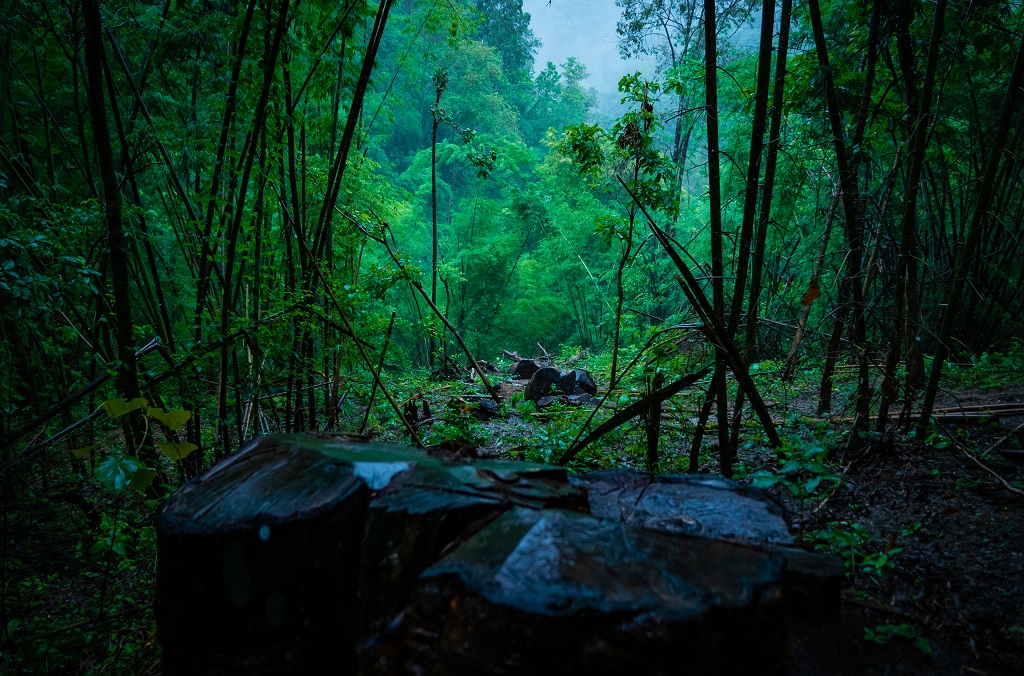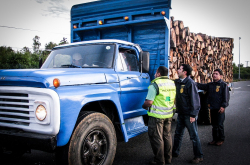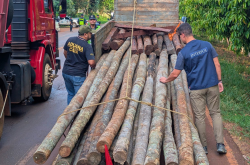LYON, France - Illegal logging and illicit timber trafficking pose a global environmental threat. Not only do such crimes destroy biodiversity, they are also responsible for deforestation and habitat loss.
Moreover, many organized crimes are interconnected. For instance, criminals can use illicit proceeds from forestry crime to fund conflicts. Criminals can also finance drug operations via the selling and trading of illegal timber or vice versa.
In this context, INTERPOL collaborated with the Royal Thai Police, raising awareness of environmental damage and challenges associated with illegal logging. During the operation, experts underscored the need for intelligence-led policing and effective information sharing as key to combating organized criminal activity.
Likewise, Lieutenant Colonel Parinya Iamkamol, Royal Thai Police underlined the importance of forest conservation. He further highlighted that every unit should take serious action and measures against illegal deforestation.
Kittichai Runglaiboonwong, Thai National Park Department explained that timber smugglers sometimes use networks to transport the wood to both neighboring countries and abroad. He added that 7 suspects recently arrested for cutting wood in Khao Yai National Park had smuggled consistently for more than 20 days.
Rosewood is a high value timber and a very profitable business for transnational organized crime, Nicole Quijano-Evans, Crime Prevention Expert at the UN Office on Drugs and Crime explained.
However, targeted law enforcement efforts can help stop illegal deforestation. For instance, INTERPOL and UNODC collaborate under Programme LEAP, funded by Norway’s Ministry for Climate and the Environment as part of their International Climate and Forest Initiative.
With its emphasis on intelligence-led operations, multi-agency cooperation and technical support for law enforcement, this joint INTERPOL-UNODC programme offers a unique portfolio of support that helps member countries better address forestry crime and illegal deforestation by identifying trafficking routes and facilitating transnational investigations.





